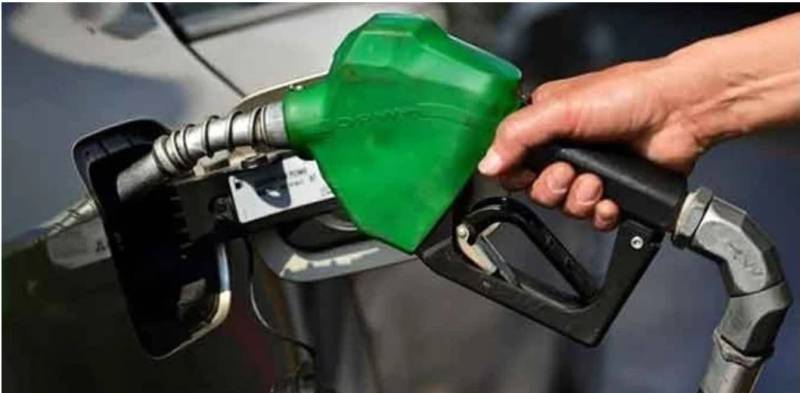In another economic setback, Pakistan's oil sector at lowest point since COVID-19
Shares

In September, Pakistan's oil sector faced a severe setback, hitting its lowest point since the COVID-19 lockdown in March 2020. Data from the Oil Companies Advisory Council for the month paints a bleak picture, revealing a significant 34% year-on-year drop in petroleum product sales, plummeting to just 1.06 million tonnes.
The main factors contributing to this sales collapse are the surging petroleum prices, a decrease in overall demand, and increased pressure on the capacity of oil marketing companies (OMCs). Taking a closer look, sales of furnace oil saw a steep decline, plummeting by 72% year-on-year to a mere 0.08 million tonnes.
Similarly, sales of motor spirit (petrol) and high-speed diesel also suffered, decreasing by 18% and 24% year-on-year, respectively, to 0.52 million tonnes and 0.39 million tonnes. On a month-on-month basis, cumulative petroleum sales contracted by 28% in September 2023, with furnace oil, petrol, and diesel sales all declining by similar percentages.
In Q1FY24, total petroleum sales witnessed a 16% year-on-year slump, reaching a disappointing 3.77 million tonnes, a significant contrast to the robust 4.49 million tonnes recorded in the same period last year. All product categories saw reductions, with petrol, diesel, and furnace oil off-takes standing at 1.85 million tonnes, 1.44 million tonnes, and 0.35 million tonnes, respectively.
Analyzing OMC performance, Pakistan State Oil's (PSO) off-take dropped significantly by 37% year-on-year in September 2023 due to declining sales of petrol, diesel, and furnace oil by 13%, 23%, and a staggering 94%, respectively. Similarly, Hascol, Attock Petroleum, and Shell's dispatches also decreased by 12%, 13%, and 30% year-on-year, respectively.
On a cumulative basis for Q1FY24, petroleum sales of PSO, Shell, and Attock Petroleum decreased by 19%, 16%, and 7% year-on-year, respectively. In contrast, Hascol's off-take demonstrated a healthy growth of 35% year-on-year. By the end of Q1FY24, PSO's market share had slipped by 1.7% to 50.8%, compared to 52.4% in the same period last year.
Shell's market share remained unchanged at a modest 7.2% year-on-year. Attock Petroleum and Hascol's market shares increased to 10.8% and 2.7%, respectively. The cumulative market share across the remaining OMCs remained stable at a substantial 28.5%.
As for the reasons behind this collapse, industry experts attribute it primarily to soaring petroleum prices. Pakistan witnessed record-high petroleum product prices in September, with diesel rising by 12% from Rs 293/litre in August 2023 to Rs 330/litre in September, and petrol prices increasing by 14% from Rs 290/litre in August 2023 to Rs 331/litre.
The decline in personal usage, coupled with adverse weather conditions, further dampened demand. Additionally, the fluctuating nature of price changes contributed to reduced sales, as dealers stocked up at the beginning of the month and reduced inventory towards the end.
Finally, the oil sector's trade financing requirements and constraints have hindered its ability to sell petroleum products effectively.
